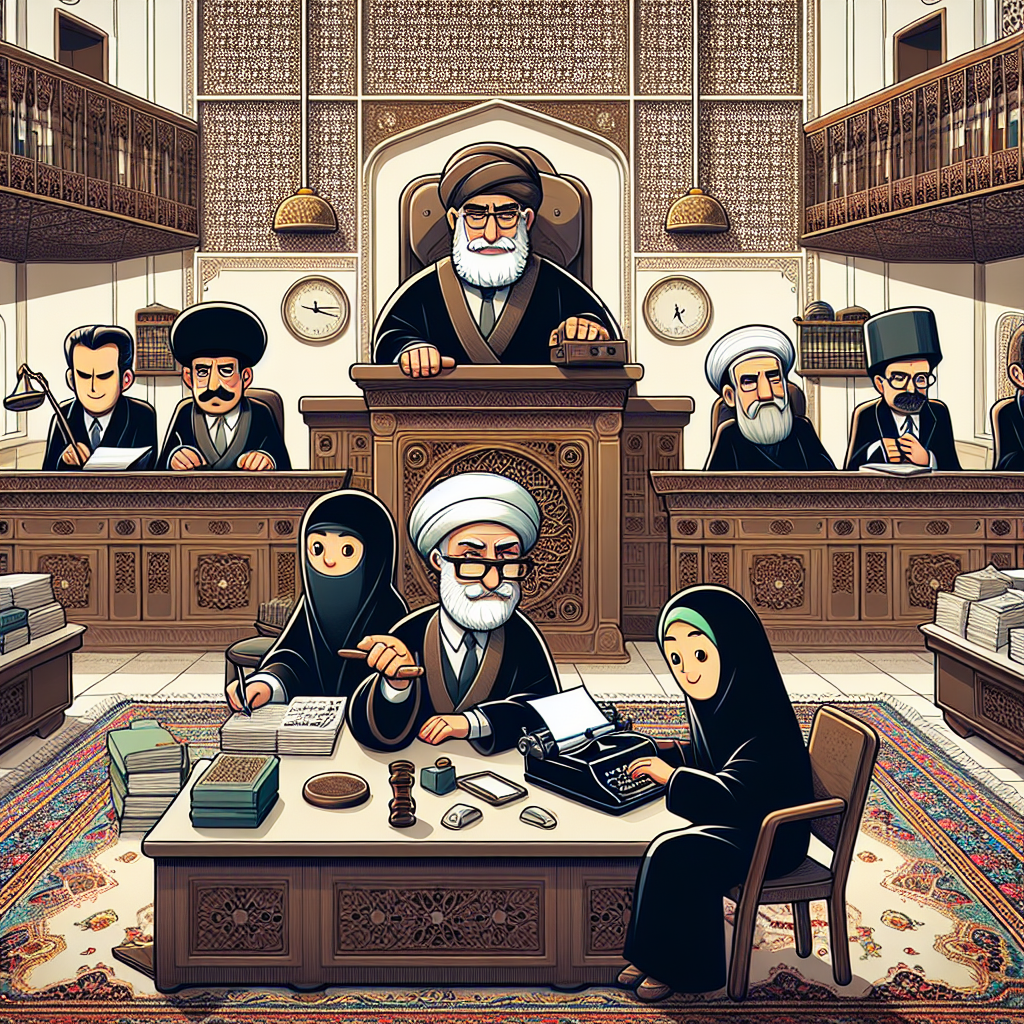In her first address to the UN General Assembly, Mai Sato, the Special Rapporteur on human rights in Iran, highlighted severe concerns about Iran’s increasing use of capital punishment, lack of transparency, and the deteriorating rights situation, particularly for women and girls. Sato's report shed light on the Iranian government’s intensified crackdown on dissent, exemplified by its response to the “Women, Life, Freedom” movement and the recent Chastity and Hijab Bill.
Surging Executions and Broadly Defined Security Offenses
One of Sato’s primary concerns was the rise in executions, particularly those related to drug offences. In August 2024 alone, Iran executed at least 93 individuals, with nearly half of these cases tied to non-violent drug offences. Additionally, Iran has increasingly sentenced individuals to death for vague security-related charges, such as “spreading corruption on earth” and “waging war against God.” These charges, she noted, fail to meet the international "most serious crimes" standard.
Sato stated that her investigation into the right to life would encompass broader issues related to the death penalty, including the lethal use of force by state agencies, unexplained deaths in custody, and inadequate investigations into potentially unlawful deaths. She urged Iran to halt executions for crimes not meeting international thresholds and expressed alarm that the country remains one of the few yet to ratify the Convention on the Elimination of All Forms of Discrimination Against Women.
Women’s Rights Under Threat
Sato specifically addressed Iran’s response to the ongoing “Women, Life, Freedom” movement, initiated after the death of Mahsa Amini in 2022, and the newly enacted Chastity and Hijab Bill. These measures, she asserted, represent a systematic attempt to undermine women’s rights, especially as they mandate harsh penalties for women who do not comply with strict dress codes. She called on Iran to reconsider this legislation, which she argued stands in stark violation of internationally recognized human rights standards.
Call for Gendered, Intersectional Approaches
Highlighting the disproportionate impact of government policies on vulnerable groups, Sato called for an intersectional approach to addressing Iran’s human rights issues. Discrimination against marginalized groups—including ethnic minorities, the LGBTQ+ community, and religious minorities—is worsening, Sato noted, as these communities are frequently subject to heightened scrutiny, harassment, and violence.
Sato emphasized that the Iranian government’s opacity on human rights matters fundamentally obstructs citizens' right to truth and restricts their access to justice. “Transparency and access to information are inextricably linked to the right to truth,” she said, urging Iran to permit human rights organizations and independent monitors access to detention facilities to investigate reports of torture and abuse.
Appeal for Cooperation and Constructive Engagement
Sato urged the Iranian government to engage with her office to address these concerns collaboratively. “I view my role not as an adversary but as an independent expert whose assessment could help Iran strengthen its human rights protections,” she stated, underscoring that meaningful progress requires the cooperation of the Iranian government, civil society, and the international community.
Global Response and Recommendations
Sato called upon the international community to actively support Iran’s civil society organizations and human rights defenders, who face harassment and imprisonment for their work. She appealed to UN Member States to advocate for the protection of fundamental rights in Iran, reinforcing the necessity for immediate action to halt the recent regression in human rights standards in the country.
The Rapporteur concluded her address by emphasizing the need for concrete steps to protect the rights of Iran’s citizens, reaffirming her commitment to helping Iran meet international human rights standards.











